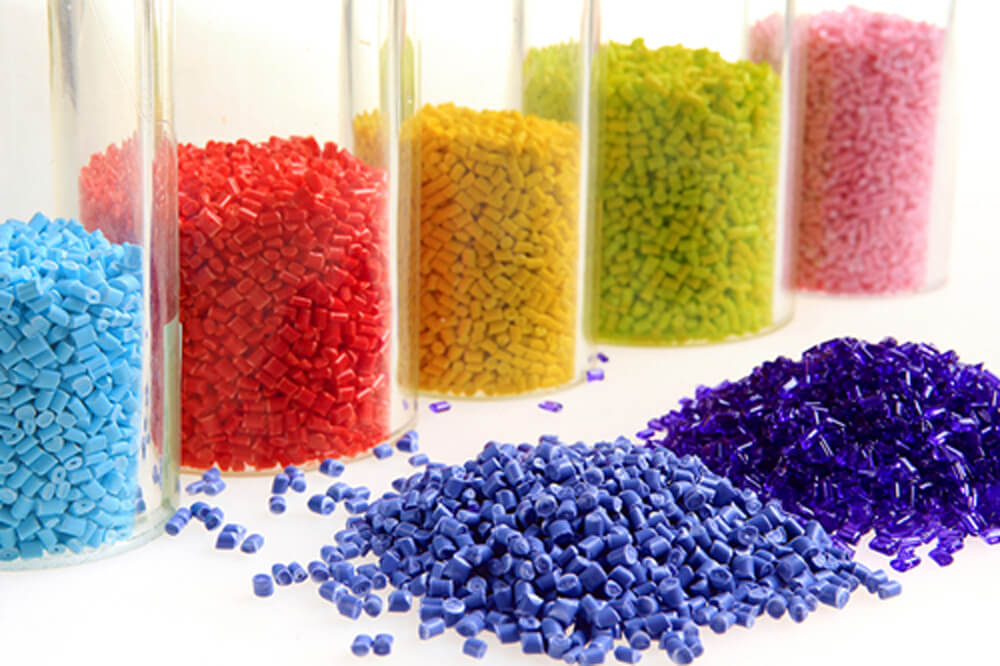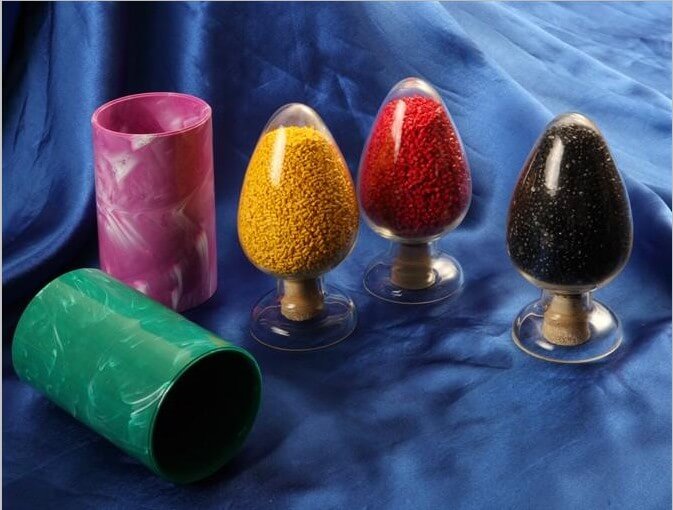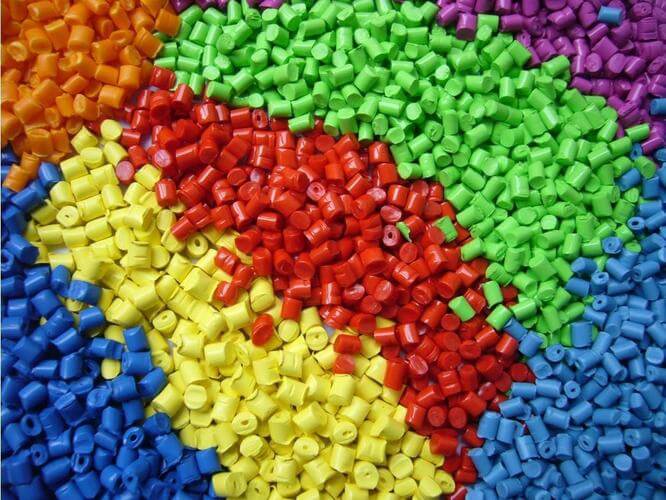For The First Time in 40 Years, The US Environmental Protection Agency Has Implemented An Emergency Ban, Presenting An Opportunity For Biodegradable Plastic Films
2025-06-05(285) hits
With the increasing global awareness of environmental protection, the use of chemical herbicides is increasingly subject to strict restrictions. Recently, the US Environmental Protection Agency (EPA) has decided to ban the use of DCPA, a widely used herbicide in agriculture. This move not only highlights the increasingly strict environmental supervision, but also brings development opportunities for biodegradable plastic film, an environmentally friendly alternative in agricultural production.
On August 6, 2024, the United States Environmental Protection Agency (EPA) announced an emergency ban on the herbicide DCPA (Dictahal) and suspended all registration of the product. This is the first time in 40 years that the US Environmental Protection Agency has used its emergency injunction power.
DCPA is a herbicide used to control weeds in both agricultural and non-agricultural environments. If pregnant women are exposed to DCPA, it can cause changes in fetal thyroid hormone levels, which may have lasting effects on the child, including low birth weight, impaired brain development, decreased intelligence, and impaired motor skills in adulthood.
The reason for the US Environmental Protection Agency taking this action is that some pregnant women may have levels of exposure to DCPA that are 4 to 20 times higher than safety standards. Although the product label recommends not entering treated fields within 12 hours of application, the Environmental Protection Agency has found that the hazardous level of DCPA may persist for 25 days or longer. Spray drift caused by pesticide spraying may also put unborn infants nearby at risk. Therefore, the Environmental Protection Agency has determined that continuing to sell and use DCPA products within the time required to follow normal cancellation procedures will pose an imminent threat to unborn babies.
Chemical herbicides are an efficient way to quickly remove weeds. However, chemical herbicides may have negative effects on soil, water sources, and crops, and long-term use may damage soil structure and fertility, affecting crop growth and development. It can also cause harm to humans and the environment, especially when used improperly or excessively.
Therefore, from the perspectives of human health, crop safety, and soil protection, physical weeding may be safer in the long run.
Plastic film is an important production material in modern agriculture, covering the surface of farmland and having multiple agricultural benefits, one of which is to inhibit the growth of weeds. Plastic film can prevent weeds from photosynthesis by blocking sunlight, greatly reducing their germination and growth. At the same time, plastic film can also moisturize and insulate, reduce water evaporation, maintain soil temperature stability, and provide a more favorable growth environment for crops. This physical weed suppression method not only reduces dependence on herbicides, but also reduces the potential harm of pesticide residues to the environment and human health. In addition, plastic film covering can also reduce soil erosion, prevent soil nutrient loss, and further promote crop growth and yield increase. In November 2022, the Ministry of Agriculture and Rural Affairs issued the "Action Plan for Reducing Chemical Pesticides by 2025", which clearly proposed measures such as promoting plastic film mulching for weed control to reduce the use of chemical pesticides.
Although traditional plastic film has achieved significant results in agriculture, its non degradability has brought new environmental problems. Traditional plastic film is often difficult to recycle after use, and the discarded film remains in the soil, difficult to decompose, gradually becoming a part of "white pollution", affecting soil structure and crop growth. Therefore, developing and promoting biodegradable plastic films has become an important direction to address this issue.
Compared with traditional plastic film, biodegradable plastic film not only has the same functions of grass suppression, moisture retention, and insulation, but also can naturally degrade after crop harvest, reducing long-term environmental impact. With the increasing demand for environmental protection, biodegradable plastic film, as a green and environmentally friendly alternative, has shown broad application prospects and has become an important opportunity for future agricultural development.
Latest article promotion
-

How to determine the quality of "plastic masterbatch"? What is the practical value of plastic masterbatch?
Because of the realization of various scientific and technological processes, there will also be more steps for the pro......
-

What factors affect the quality of black mother?
In the process of making a product, there are many factors that affect the quality of the finished product, whether it ......
-

What is the main use of the masterbatch?
The color masterbatch is made of a high proportion of additives and pigments or thermoplastic resins, the plastic paste......
-

What factors can cause the color master to fade?
The application range of color masterbatch is very wide, as long as it is basically plastic is needed, sometimes in use......
Quality article recommendation
-

How to determine the quality of "plastic masterbatch"? What is the practical value of plastic masterbatch?
Because of the realization of various scientific and technological processes, there will also be more steps for the pro......
-

What factors affect the quality of black mother?
In the process of making a product, there are many factors that affect the quality of the finished product, whether it ......
-

What is the main use of the masterbatch?
The color masterbatch is made of a high proportion of additives and pigments or thermoplastic resins, the plastic paste......
-

What factors can cause the color master to fade?
The application range of color masterbatch is very wide, as long as it is basically plastic is needed, sometimes in use......
